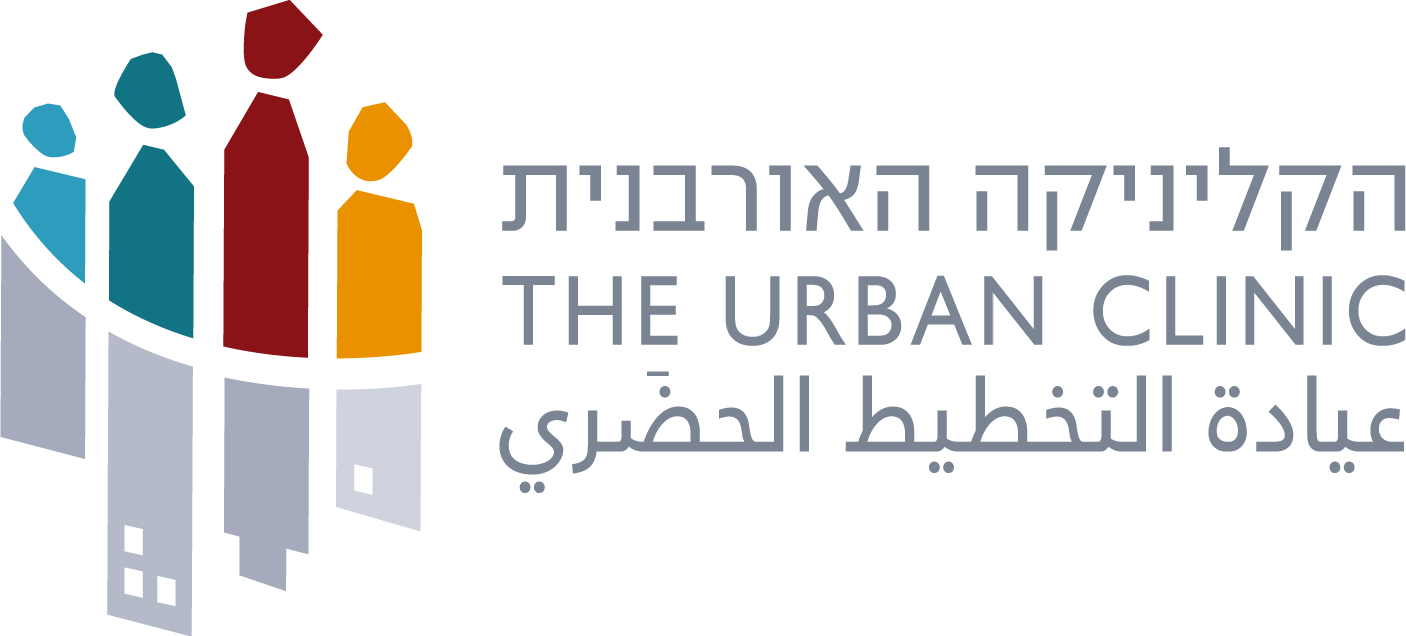On Thursday, July 19th, Mount Scopus served as a venue for a significant milestone—the first East Jerusalem Annual Research Seminar. The conference was thoroughly organized by three distinguished Hebrew University graduates, each from a different academic discipline, which greatly enhanced the organizing process through their diverse perspectives and expertise. Mayar Fawaka, Tharaa Kirresh, and Fatina Husseini excelled in assembling a diverse array of researchers, thereby highlighting the significant contributions and studies related to East Jerusalem.
To complement their efforts, the academic committee included esteemed scholars: Dr. Emily Silverman, Senior Lecturer and Founder of the Urban Clinic in the Geography Department; Prof. Adam Lefstein, Director of the School of Education; and Dr. Samira Alayan, Senior Lecturer in the School of Education. This committee provided invaluable consultancy and facilitated connections with other academic staff at Hebrew University, contributing to the seminar’s overall success.
Moreover, researchers from the Hebrew University presented their studies across three distinct panels, each addressing different aspects of life in East Jerusalem. Collectively, these presentations underscored the urgent need to integrate the complex experiences of the 400,000 residents of East Jerusalem into academic research.
The panels explored various themes, including navigating educational challenges in conflict zones, the intersections of education, culture, and identity in East and West Jerusalem, and the dynamics of urban mobility and public spaces in East Jerusalem. Each researcher provided a unique perspective, informed by their academic discipline—ranging from education, psychology, and transportation to economics and urban planning—and often reflecting their personal experiences as East Jerusalem residents.
A recurring theme in the research was identity, which was addressed in nearly every presentation. The studies illustrated how daily experiences—such as attending Hebrew University, traversing checkpoints, or teaching in Jewish schools in West Jerusalem—deeply influence identity and emotions like fear, pride, and belonging. Researchers examined existing coping strategies focused on language and professional identity, and highlighted unresolved questions about the long-term effects of alienation, suspicion, and the need to conceal aspects of one's identity.
Additionally, the seminar addressed how the specific political and economic context of East Jerusalem impacts various issues. Discussions included the differences in adolescent risk-taking behavior compared to other regions, the distinct minority awareness among East Jerusalemites, and the unique challenges faced by East Jerusalem teachers in Jewish schools. The impact of economic conditions and inadequate services, such as mental health support, was also debated. The seminar questioned whether immediate practical solutions or innovative strategies should be prioritized, given the current situation.
Practical recommendations emerged from the research, including a carpooling app, changes to public transport subsidies, an urban park impact assessment tool, and strategies to enhance communal father-child relationships. These suggestions underscored the need to address East Jerusalem's unique physical, cultural, and social characteristics within its complex political context.
The seminar proved to be both eye-opening and compelling, emphasizing the importance of research grounded in the lived experiences of individuals and the critical role of researchers in voicing these perspectives. It highlighted the necessity of incorporating the unique challenges faced by East Jerusalem residents into academic discourse.

